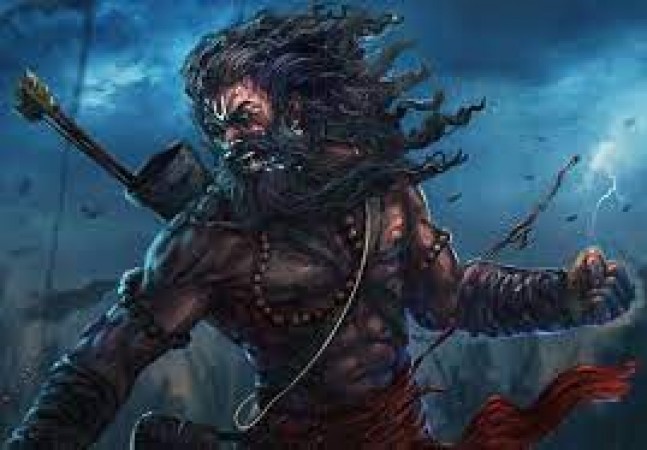
In Hindu mythology, Lord Shiva is revered as the Supreme Being and is believed to have taken on numerous avatars to fulfill different purposes. One such avatar is that of Ashwatthama, a central character from the epic Mahabharata. Ashwatthama is often considered an immortal being and a revered figure in certain traditions. Ashwatthama's avatar represents the complex nature of human emotions and the consequences of unchecked rage and vengeance. His story serves as a cautionary tale about the destructive power of anger and the importance of seeking forgiveness and inner transformation. While his actions in the Mahabharata were condemnable, his avatar continues to be a subject of fascination and devotion, reminding us of the eternal struggle between good and evil within ourselves.
ALSO READ - Exploring the Nandi Avatar of Lord Shiva: The Loyal Bull and Divine Vehicle
Ashwatthama was the son of Guru Dronacharya, the revered teacher of the Kuru princes, including the Pandavas and the Kauravas. According to the Mahabharata, Ashwatthama was born with a gem on his forehead, which granted him the power to heal and bestow invincibility. He was a skilled warrior and fought on the side of the Kauravas in the great Kurukshetra war. During the war, Ashwatthama was driven by anger and vengeance after witnessing the deaths of his father and his closest friend, Duryodhana. In a moment of fury, he unleashed a divine weapon known as the Brahmastra to annihilate the Pandava army, targeting their unborn heirs, who were sleeping in their mother's womb. However, Lord Krishna, the eighth avatar of Lord Vishnu, intervened and saved the Pandava lineage, but Ashwatthama's weapon caused immense destruction.
ALSO READ - Virabhadra Avatar of Shiva: The Fierce and Powerful Manifestation
After the war, Ashwatthama was found guilty of his heinous act and faced severe consequences for his actions. Lord Krishna and the Pandavas decided not to kill him but instead cursed him with eternal suffering. He was stripped of his gem and cursed to roam the Earth for eternity, bearing the burden of his guilt and grief. It is believed that Ashwatthama still wanders the Earth, immortal and forever marked by his actions. His presence is said to be associated with calamities, diseases, and misfortunes and some traditions consider encountering him as an inauspicious omen. Ashwatthama, despite his infamous deeds, is worshipped in certain regions of India, particularly by certain sects of Kshatriyas and devotees who believe in his divine essence. Temples dedicated to Ashwatthama can be found in parts of North India, where devotees seek his blessings for protection and strength. The story of Ashwatthama holds deep symbolic significance. His immortal existence serves as a reminder of the consequences of uncontrolled anger, vengeance, and the burdens of guilt. His curse and eternal suffering portray the importance of forgiveness and the need to release negative emotions to attain inner peace and spiritual growth.
ALSO READ - Unveiling the Piplaad Avatar of Shiva: The Divine Enigma